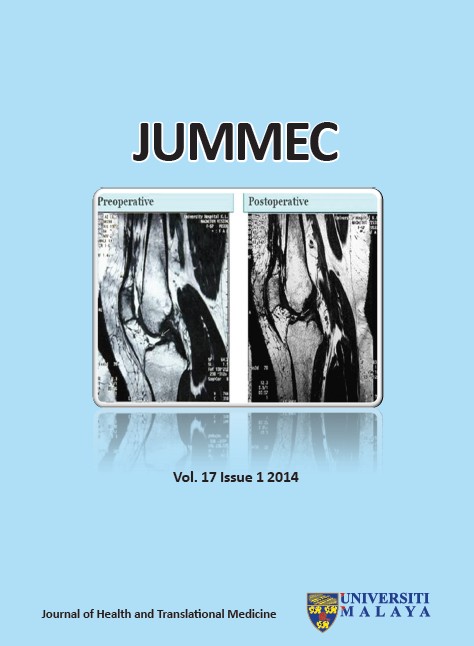LOW ORGAN DONATION RATE IN MALAYSIA: A SURVEY
Abstract
Organ shortage is a major concern in many countries. The objective of this paper was to investigate the factors that contribute to the low quantity of organ donation in Malaysia. The 1311 respondents in this survey came from the three main ethnic groups in Malaysia (Malay, Chinese and Indian). The survey was based on these components: The reason for not pledging to become a donor; the reason of refusing to become a donor; and whether non-fungible incentive would influence decision. The lack of information and trust were the factors that influenced the respondents to remain apathetic to organ donation. The results denote that people are unlikely to become a donor even if non-fungible incentive were provided to them. Thus, it is important for the government bodies to evaluate the programme and strategies of public education in relation to organ donation.
Downloads
Downloads
Published
Issue
Section
License
All authors agree that the article, if editorially accepted for publication, shall be licensed under the Creative Commons Attribution License 4.0 to allow others to freely access, copy and use research provided the author is correctly attributed, unless otherwise stated. All articles are available online without charge or other barriers to access. However, anyone wishing to reproduce large quantities of an article (250+) should inform the publisher. Any opinion expressed in the articles are those of the authors and do not reflect that of the University of Malaya, 50603 Kuala Lumpur, Malaysia.


